Mar Piquer Martínez, coordinator of the PsicoNED project in Zanzibar, brings us closer to a two-week mission to train, intervene and transform lives through neuropsychological rehabilitation in Sub-Saharan Africa.
Introduction
In May 2025, two professionals from the NeuronUP team traveled to Zanzibar as part of a new PsicoNED mission. Carolina, a neuropsychologist, and Marina, from the communications team, chose to spend two weeks working closely with the local team, joining their daily work.
Their stay took place mainly at the House of Hope on the island of Unguja, where much of PsicoNED’s clinical, training and community work is concentrated. From there, both participated in the development of neuropsychological interventions, training the local team and documenting the real impact of neuropsychology in a region where the discipline is still emerging.
What is PsicoNED?
PsicoNED is an initiative driven by the Neurosurgery, Education and Development Foundation (NED) with the aim of strengthening mental health in vulnerable contexts, especially in Sub-Saharan Africa.
On the African continent, it is estimated that around 200,000 children born each year will develop hydrocephalus or be born with a neural tube defect, which constitutes a serious public health problem. To respond to this reality, the NED Foundation has carried out more than 300 pediatric neurosurgery missions since 2008, providing surgical care to patients who otherwise would not have access to these treatments. The Foundation’s philosophy is based on horizontal cooperation and developing the autonomy of the local team, with the goal of ensuring sustainable, high-quality interventions over time.
In 2021, the Foundation established the House of Hope in Zanzibar to offer comprehensive care (housing, physiotherapy, occupational therapy, cognitive rehabilitation, home visits and psychosocial support) to children with hydrocephalus and spina bifida and their families. Within this home, PsicoNED was born in 2023 as a response to the need to address the neuropsychological sequelae in these children. Since then, the project has sought to train local teams in neuropsychology, develop clinical interventions and raise awareness about mental health.
NeuronUP, for its part, is the main digital platform we use in PsicoNED to design and carry out cognitive stimulation activities. Its ease of use has allowed local professionals to adapt and apply activities autonomously. Another essential aspect is that NeuronUP facilitates remote monitoring by the team in Spain, which makes it possible to evaluate the children’s progress in real time and adjust interventions according to their needs. In addition, through our collaboration numerous exercises have been translated into Swahili, allowing their adaptation to the local cultural and linguistic context, making interventions more accessible and effective.

Subscribe
to our
Newsletter
We embark on the PsicoNED – NeuronUP mission
From their arrival, Carolina and Marina integrated with great sensitivity into the House of Hope environment. As Carolina recounts: “We arrived very excited and quite nervous. We wanted to do our best and did not know exactly what situation we would find, but as soon as we met the project leaders (Ruwayda and Hamissa), we connected and knew that together we could do great work.”
Intervention and training: a joint endeavor
During her stay, Carolina focused on direct care for children and training the local team in the use of the NeuronUP platform. Together with the local therapists, they analyzed clinical cases, reviewed intervention plans and designed new activities adapted to each child.
“After having collaborated with the project remotely, selecting activities and working to provide all possible facilitation so that the intervention could be carried out in the best possible way, being there in person and being able to intervene with the children live was fantastic”, explains Carolina. “There were no two children alike and each had very particular needs. Seeing how they approached the intervention, how they enjoyed NeuronUP or simply telling us things, is priceless.”
In addition, they organized a workshop for the mothers’ support group, a space that is essential in family care.
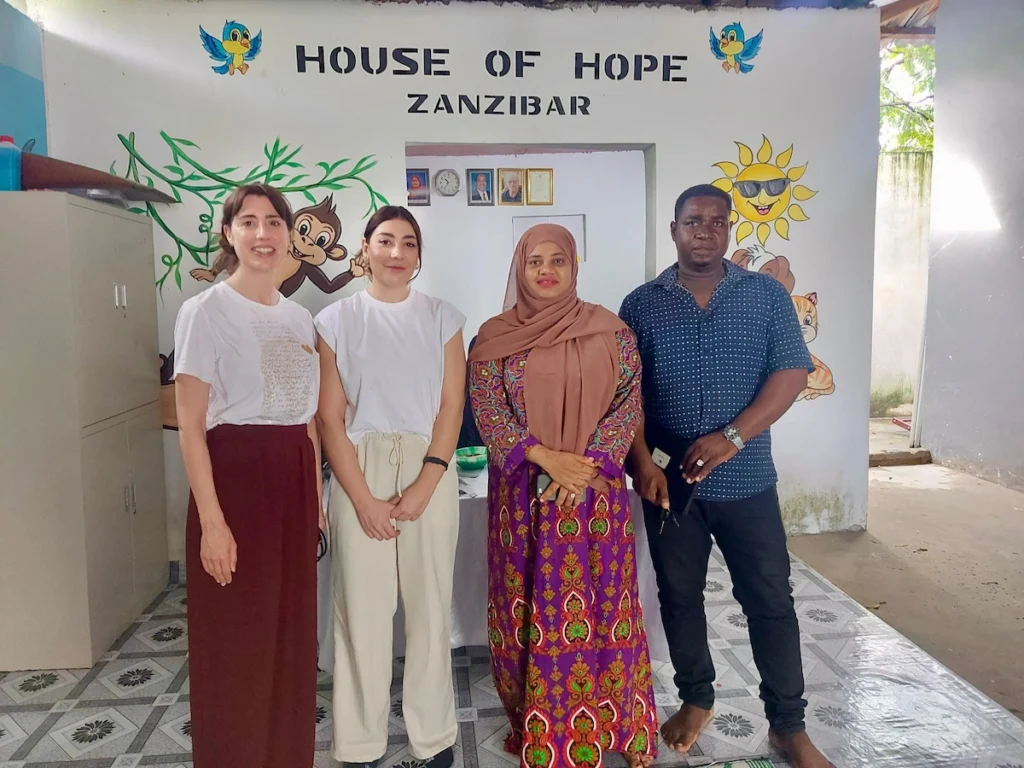
First in-person course on neuropsychology in Zanzibar
One of the most significant milestones of this mission was delivering the first in-person course on neuropsychology in Zanzibar. For two days, 64 psychology students enthusiastically attended a workshop that covered the fundamentals of neuropsychology and cognitive stimulation.
This course represented a decisive step in opening new perspectives in a region where psychology remains strongly tied to religious or philosophical beliefs. The introduction of neuropsychology allowed many attendees to understand the connection between brain, cognition and behavior.
“My main contribution is the theoretical and practical knowledge of rehabilitation and cognitive stimulation which, combined with the knowledge of the local team and the families, resulted in an increasingly complete and adapted intervention,” says Carolina.
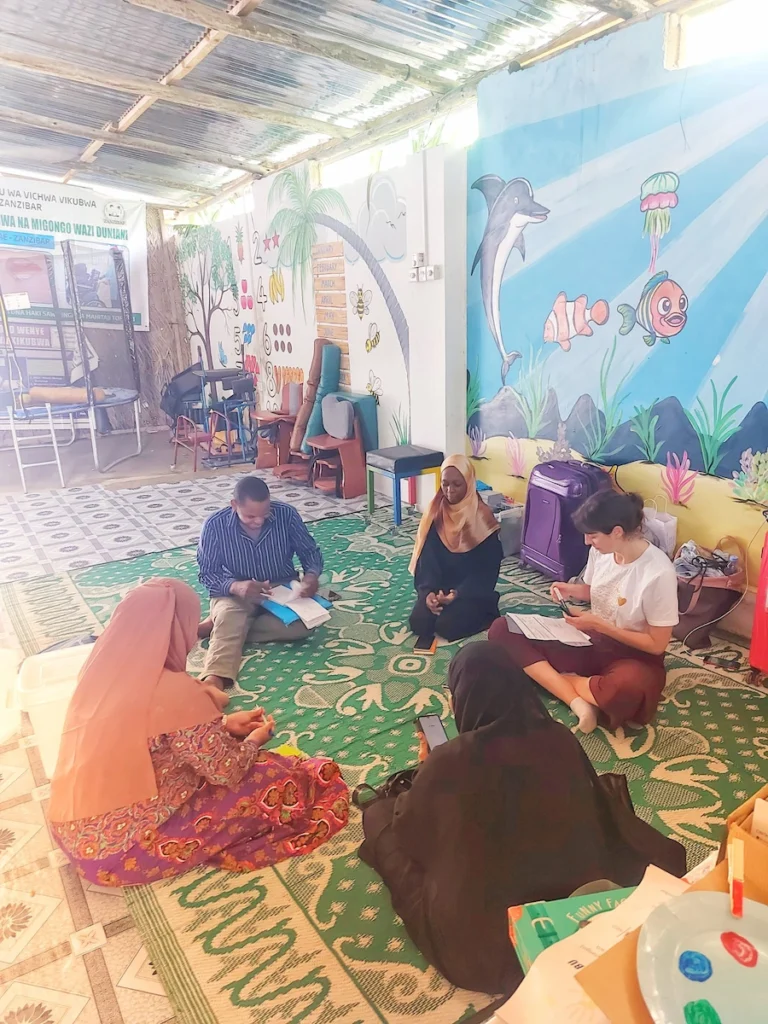
A sensitive perspective: communicating to transform
Meanwhile, Marina sensitively documented the project’s day-to-day life. She held press conferences with the local team, captured scenes from sessions and took part in the home visits scheduled for her mission. “The day we did home visits was especially meaningful. We saw different realities and confirmed how different life can be, even within the same area,” she details.
From her communications role, Marina highlighted the value of contributing from other disciplines: “Even if you are not a professional in the sector, you can always bring something beautiful and valuable to others, as long as you do it with willingness and respect.”
I want to highlight especially one of her reflections on the importance of maintaining a people-centered approach: “It is important that volunteers understand what the users’ needs are and start from them, making sure, above all, to keep them motivated.”
Social and human impact: Beyond clinical data
The impact of the missions cannot be measured solely by clinical data. Thanks to carefully designed interventions, many families regain hope. Where silence and fear once existed, now dialogue, support networks and emotional bonds blossom: “We held a session with the mothers’ group of the children who attended the foundation, and it was very moving to see the courage they have, as well as their ability to show vulnerability, share their fears and difficulties in public, and the great support they gave one another,” recalls Carolina about the women’s support group session. Those small moments, apparently simple, are the ones that transform realities.
The value of collaboration
For us, collaboration with NeuronUP is a clear commitment to universal access to quality tools for neuropsychological rehabilitation. Thanks to the joint work with PsicoNED, activities have been adapted, personalized pathways designed and local therapists trained. This commitment to the global development of neuropsychology reaffirms the shared conviction that knowledge must be accessible, applicable and transformative for the most vulnerable realities.
“Our collaboration with PsicoNED is not an isolated action, but part of a global commitment to make neuropsychological rehabilitation accessible, regardless of context or available resources. From NeuronUP, we feel deeply committed to PsicoNED, providing not only a technological tool, but a real path of transformation for thousands of children in vulnerable contexts.”, says Carolina.
In the end, this is the project’s ultimate goal: that more and more children have access to quality intervention, that families feel supported and that local teams can continue, with autonomy, work that changes lives. As Marina concludes: “I take with me the humanity of the people and I have strengthened a feeling I already had, but that now has become much stronger: teamwork”.
“Our collaboration with PsicoNED is not an isolated action, but part of a global commitment to make neuropsychological rehabilitation accessible, regardless of context or available resources. From NeuronUP, we feel deeply committed to PsicoNED, providing not only a technological tool, but a real path of transformation for thousands of children in vulnerable contexts.”, says Carolina.
When two people travel the impact multiplies. What seems like a small gesture often turns into a wave of change. Who doesn’t remember a comment that supported them during a very difficult moment or that smile that gave them the strength to carry on? It is those small instants that many times change the course of things. And in Zanzibar, over two weeks, many of those instants were sown.
Carolina and Marina are a reflection of NeuronUP’s human team; professionals committed to putting their knowledge and skills at the service of a fairer and more connected world.
Thank you, Carolina. Thank you, Marina. And thanks to all the people who make PsicoNED possible. Who believe that hope still has a place in the world.
Because, yes, there is always hope.
Don’t miss other related content about the Zanzibar project:
“This article has been translated. Link to the original article in Spanish:”
PsicoNED y NeuronUP en Zanzíbar: Neuropsicología, cooperación y esperanza
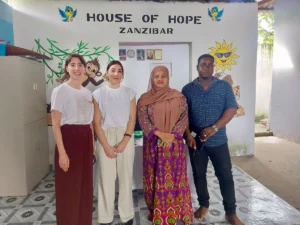
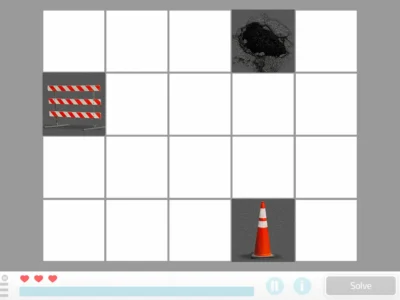
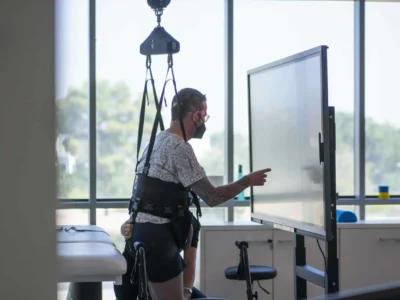
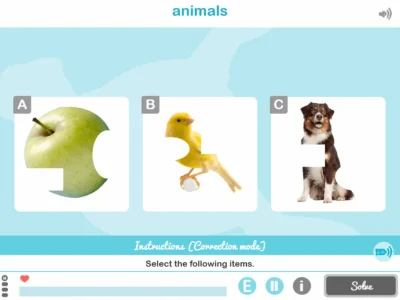

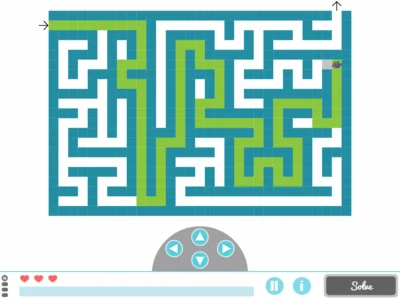
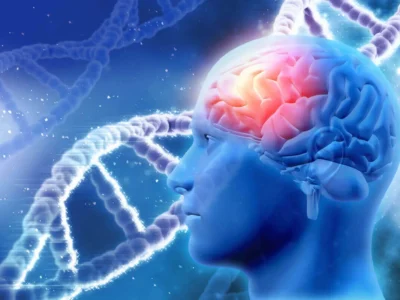
 ADHD in adults: lesser-known symptoms, late diagnosis, and effective treatment
ADHD in adults: lesser-known symptoms, late diagnosis, and effective treatment
Leave a Reply